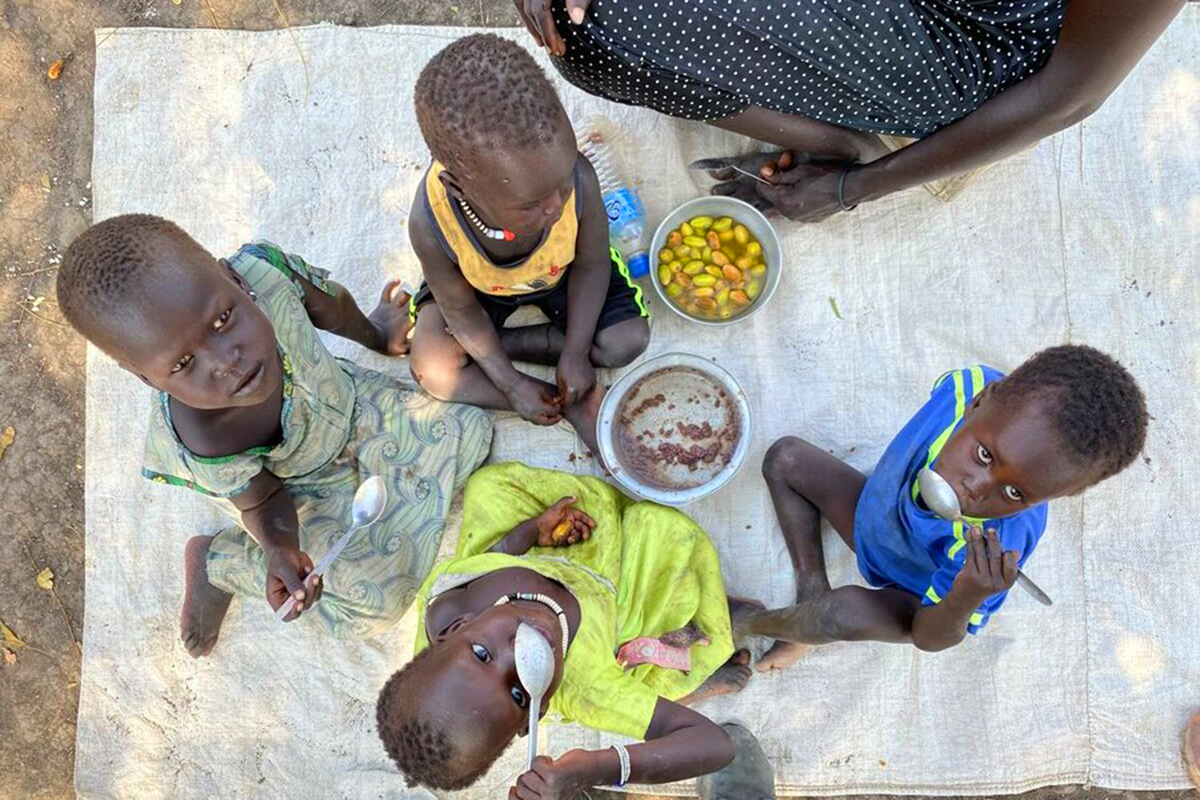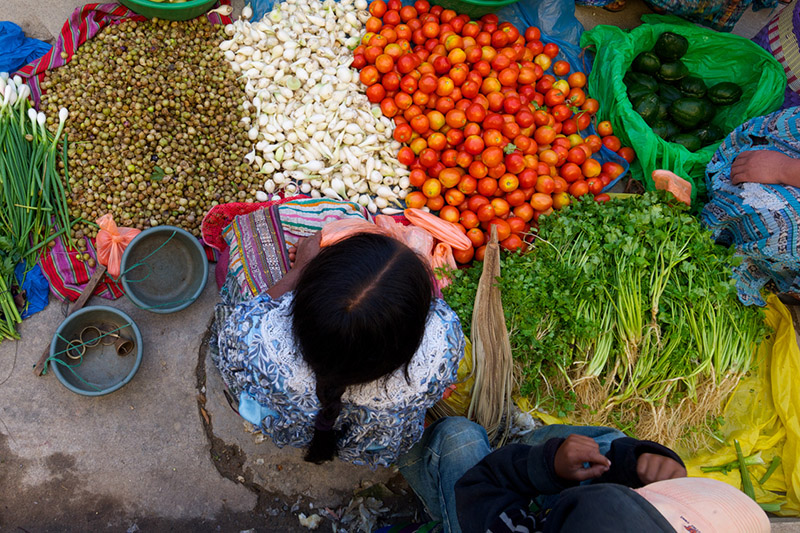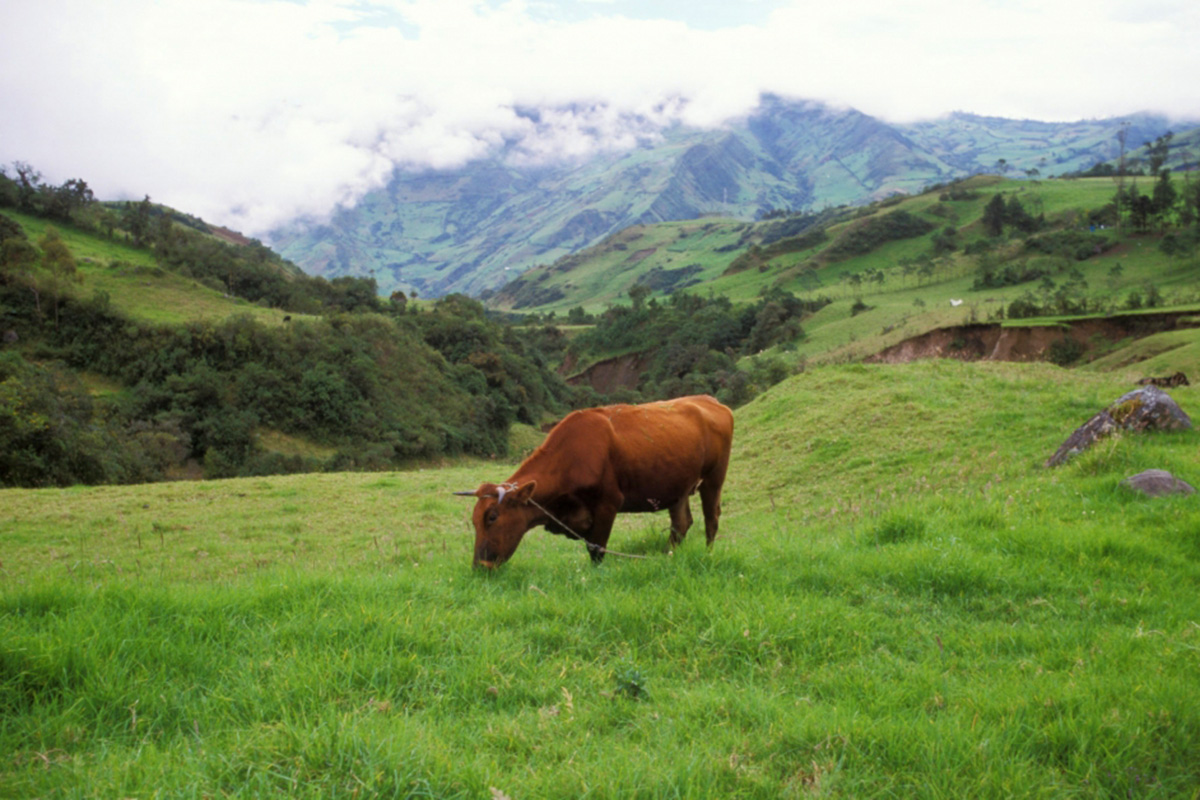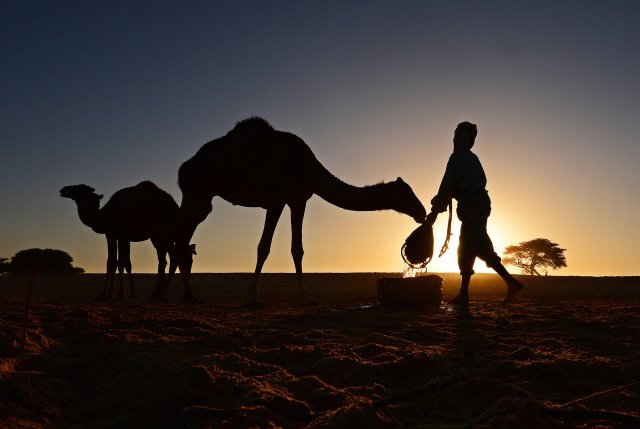In a country made up mostly of desert, the United Arab Emirates are using innovative technologies to sustainably farm fish, decreasing pressure on ecosystems and meeting the needs of a growing population.
Agriculture and Food
With the full picture of damage and needs after Tonga’s massive volcanic eruption and tsunami only gradually emerging, what is already clear is that the stakes could not be higher for the farmers and fishers of the South Pacific island nation, living in one of the world’s most disaster-prone regions. With roughly 86 percent of Tongans engaged in agriculture, FAO is extremely concerned about the potential impacts across all agriculture sectors, including fisheries, crops and livestock, even though information is limited, with communications and access remaining severely affected.
The pandemic has already shaken the 2030 Agenda for Sustainable Development, as it continues, FAO reports that progress towards the achievement of the SDGs is still to be determined.
45 million people stand on the brink of famine, due to conflict, climate change, the COVID-19 pandemic and economic instability. WFP takes a closer look at the different stages of hunger.
For another year, millions of small-scale farmers have been bearing the brunt of Climate Change and COVID19. Despite the challenges, they have been using everything from boats to goats to build resilience. IFAD was there to support them every step of the way.
Many people involved in agriculture do not consume enough food or benefit from a healthy diet. Although 63 per cent of low-income people worldwide work in agriculture – the overwhelming majority of them on small farms – many are at risk of food and nutrition insecurity. Farmers often must make difficult choices between what they consume and what they sell. Many of them sell most of what they produce, with little or nothing left for household consumption; others need to purchase most of their food at the market because they grow only one or a few crops.
FAO reminds us that biodiversity is the thread that keeps us together. Without it, there cannot be life on Earth and food for all. The fish we catch… the livestock we rear… the soil that nurtures our food… the trees that give us fruits, medicinal plants, timber… the water that flows beneath out feet… all depend on biodiversity. The way we produce, process, and consume our food needs to change. Here are 4 ways to protect biodiversity and strengthen ecosystem services…
When we see the news reports on climate change, it often includes footage of factory chimneys and traffic jams. We may or may not realize that agriculture is also a key contributor. In fact, greenhouse gas (GHG) emissions from agri-food sectors represent around 34 percent of total GHG emissions. In response, FAO is ramping up its work to better respond to the climate crisis. One way of doing this is by spreading the use of green and climate-resilient agricultural techniques, which can help to reduce the negative impacts from the way our food is produced and reaches our plates.
To build a happy and healthy world, the Trolls want you to become a food hero too, so #ActNow! For the International Year of Fruits and Vegetables, the Trolls are joining forces with the United Nations, the UN Food and Agriculture Organization (FAO) and the UN Foundation to raise awareness of the important role of fruits and vegetables in creating a happy and healthy planet.
The United Nations has proclaimed 2022 as the International Year of Artisanal Fisheries and Aquaculture (IYAFA 2022), with the FAO serving as the lead agency. IYAFA 2022 will be an opportunity to celebrate the diversity of small-scale artisanal fisheries and aquaculture, including women and youth; to share the current and potential contributions to achieving the Sustainable Development Goals and highlight related innovation; and to build and strengthen related support and partnerships at all levels.
By working with nature, pastoralism, the time-tested form of raising and breeding livestock, champions productivity, sustainability and animal welfare.
While human activity has already influenced the climate, there are opportunities to mitigate its effects on Planet Earth. Back in April, four astronauts, including FAO Goodwill Ambassador Thomas Pesquet, travelled into space. They carried out a series of scientific experiments set to contribute to the fight against climate change and support global food security.
Producers: Charlotta Lomas, Anais Hotin, Marina Sánchez Castelo.
Presenter: Charlotta Lomas, FAO.
Photo credit: © ESA / NASA.
Sound effects provided by ESA and NASA.
Even as climate change takes hold, IFAD believes it’s possible to transform rural economies and food systems to make them more resilient, sustainable and inclusive, while also making them more productive and investment in small-scale farmers is key.
Our food systems are breaking the planet – and the climate crisis is breaking our food systems. These are two of the biggest problems the world is facing today, and subject to the two biggest conversations the UN. At the UN Food Systems Summit in September, the WFP issued a wake-up call: 811 million people are going to bed hungry in countries where food systems are unequal, strained or broken. Yet, as more than 190 countries come together for COP26, the topic of food systems is yet to make it into the mainstream conversation at UN climate meetings.
Staple crops in eight African countries could decrease by as much as 80 percent by 2050 in some areas if temperatures continue to rise due to climate change, according to a report released today by IFAD. This could have a catastrophic impact on poverty and food availability unless there is an urgent injection of funding to help vulnerable farmers adapt how and what they farm. The organisation warned that COP26 will fail to achieve a lasting impact if world leaders continue to prioritise mitigation and neglect investments in climate adaptation.











